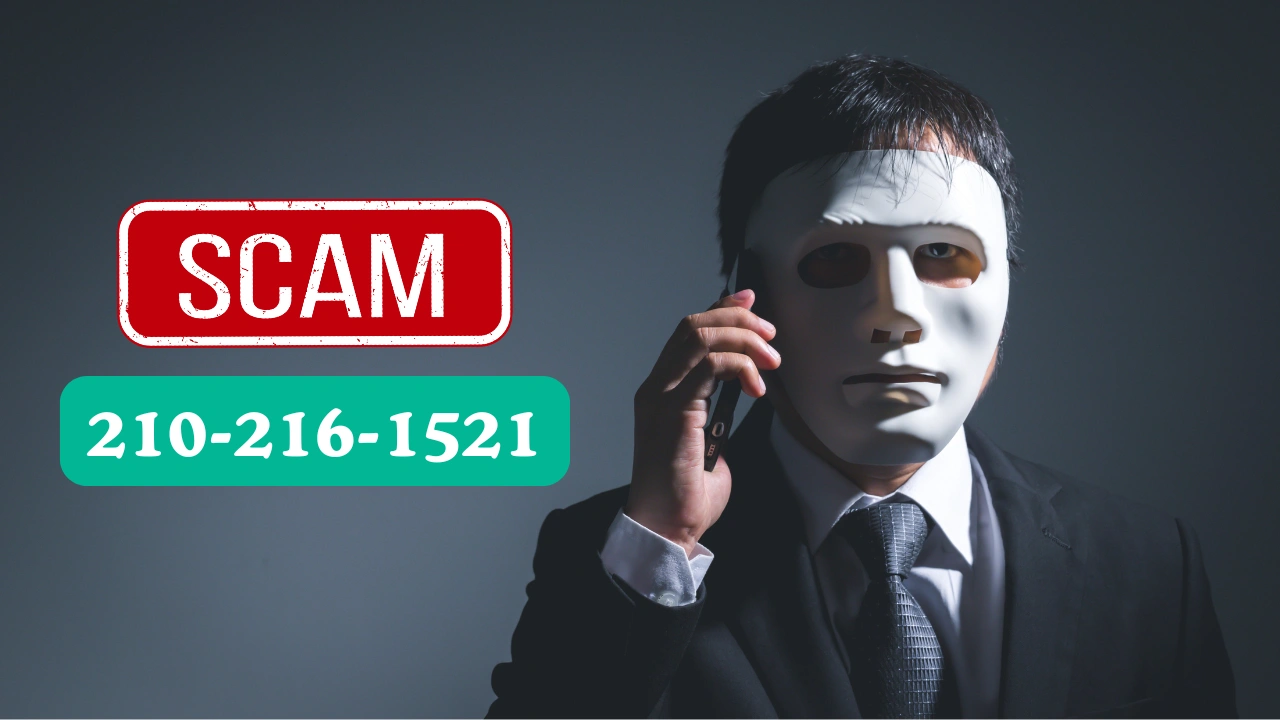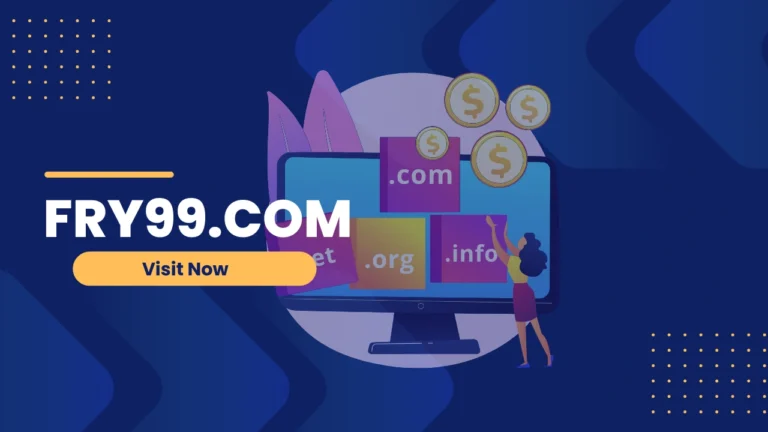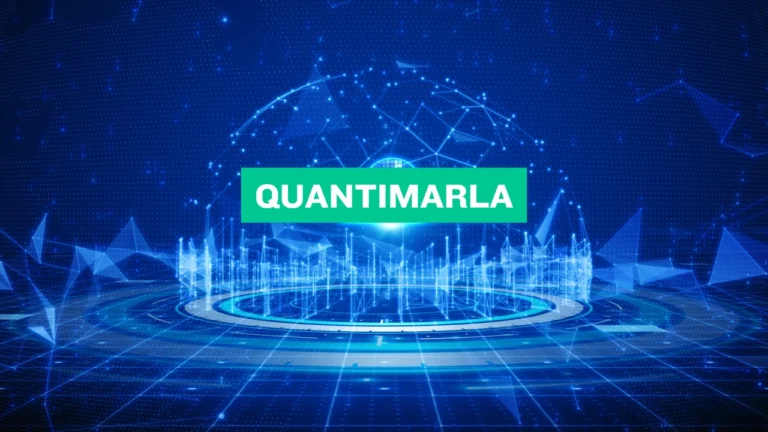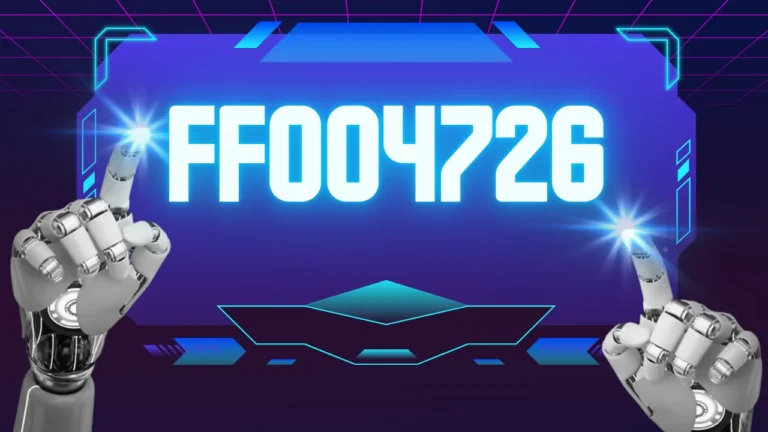210-216-1521: Common Scams and How to Protect Yourself

The phone number 210-216-1521 has recently sparked interest, raising questions about its origins and purpose. Many individuals have reported receiving calls from this number, leaving them curious or concerned. In this article, we delve into the significance of 210-216-1521, explore its context, and provide essential information on how to handle calls from unknown numbers.
What is 210-216-1521?
The number follows the format of a typical United States phone number. The area code 210 is primarily associated with San Antonio, Texas. Numbers beginning with this area code often belong to individuals, businesses, or services within that region. However, in recent times, many people have expressed concerns about unsolicited calls from 210-216-1521.
Reports suggest that this number may be associated with spam or scam calls. Many recipients describe the calls as unusual or suspicious, with the callers sometimes posing as representatives from government agencies or businesses. While not all calls from this number may be fraudulent, understanding the nature of such communications is crucial.
Also Read: Gina Flink TDA A Visionary Leader in Technology and Innovation
Why Do You Receive Calls from 210-216-1521?
Receiving a call from the number could mean several things. Sometimes, the number belongs to a legitimate business or service trying to contact you. Other times, it may be a telemarketer or an unsolicited caller. Unfortunately, scammers often use local numbers like 210-216-1521 to appear credible.
Spoofing is a common tactic employed by scammers. This method allows them to disguise their actual phone numbers with local ones, tricking individuals into answering. Calls from numbers like 210-216-1521 may involve phishing attempts, in which the caller seeks personal or financial information under false pretenses.
Common Scams Linked to Phone Numbers Like 210-216-1521
| Scam Type | Description | Red Flags |
|---|---|---|
| IRS Scam | Fake IRS calls demanding unpaid taxes. | Threats, gift card payments. |
| Tech Support | Claims your device is compromised. | Remote access requests, payment demands. |
| Lottery Scam | Promises fake prizes or winnings. | Upfront fees, contests you didn’t enter. |
| Bank Fraud | Pretends to be your bank to steal details. | Requests for account info or PIN. |
| Charity Scam | Solicits fake donations. | No documentation, emotional pressure. |
| Social Security | Claims your SSN is linked to crimes. | Threats to suspend SSN, demands for details. |
| Debt Collection | Demands payment for fake debts. | Harassment, no debt verification. |
| Utility Scam | Threatens to cut services for non-payment. | Demands for immediate payment. |
This shorter table highlights the essentials while retaining clarity and usefulness.
How to Handle Calls from Unknown Numbers
If you receive a call from this number, it is essential to approach it with caution. Here are a few tips to manage such situations effectively:
- Do Not Answer Unknown Calls: If you do not recognize the number, it is often safer to let the call go to voicemail.
- Verify the Caller: If the caller leaves a message claiming to represent a business or agency, independently verify their identity using official contact information.
- Be Cautious of Requests: Scammers often ask for sensitive information such as your Social Security number or bank details. Avoid sharing such information over the phone.
- Report Suspicious Activity: If you believe a call from 210-216-1521 is fraudulent, report it to the Federal Trade Commission (FTC) or a similar authority.
Also Read: How to Show All DRC in Skipper with Commands Comprehensive Guide
Detailed Insights Into Common Scams Associated with 210-216-1521
IRS Scams: Threats of Unpaid Taxes
One of the most common scams linked to phone numbers like 210-216-1521 involves impersonation of the IRS. Scammers claim that you owe unpaid taxes and use threats of arrest or hefty fines to intimidate you. They often demand payment via untraceable methods such as gift cards or wire transfers. Remember, the IRS will never call to demand immediate payment or threaten you over the phone. Recognizing these tactics is the first step to avoiding such fraud.
Tech Support Fraud: Fake Device Issues
Tech support scams are another frequent issue, where callers pose as representatives from well-known companies like Microsoft or Apple. They claim that your computer has been compromised and ask for remote access or payment to “fix” the issue. These scammers prey on fear and confusion, but legitimate tech companies will never ask for remote access or payment upfront. Always verify their claims independently.
Lottery and Prize Scams: Too Good to Be True
Scammers may call claiming that you’ve won a prize or lottery but must pay a fee to claim your winnings. These calls often come from this numbers are designed to exploit your excitement. Legitimate lotteries never ask for upfront payments, so if it seems too good to be true, it likely is.
Banking Fraud: Impersonating Financial Institutions
Calls from this numbers might also involve scammers pretending to be your bank. They warn of suspicious account activity and request your account details or PIN to “resolve” the issue. Banks never ask for sensitive information over the phone. If you receive such a call, contact your bank directly using official contact details.
Charity Scams: Exploiting Generosity
Charity fraud is another common tactic, with callers soliciting donations for fake causes. They often exploit current events, such as natural disasters, to make their appeals sound urgent. Always verify the legitimacy of the charity before donating, and be wary of high-pressure tactics or vague claims.
Social Security Scams: Fear Tactics
In these scams, fraudsters claim that your Social Security number has been suspended or linked to criminal activity. They demand immediate action to “resolve” the issue, often requesting personal information. Government agencies like the Social Security Administration will never call to threaten you or demand sensitive details.
Debt Collection Scams: Aggressive Demands
Debt collection scams involve fraudulent callers who demand payment for debts you don’t owe. These scammers use aggressive language or threats to pressure victims into paying. Always ask for written verification of the debt, and never make payments to unfamiliar callers.
Utility Scams: Service Disconnection Threats
Scammers pretending to be from utility companies may call threatening to disconnect your service for non-payment. They demand immediate payment through untraceable methods to resolve the issue. Utility companies typically provide multiple notices before disconnecting services, so such urgent calls are a clear red flag.
These detailed explanations provide a clear understanding of the types of scams associated with phone numbers like 210-216-1521, helping readers recognize and avoid potential threats.
Legitimate Uses of the number
It is important to note that not all calls from 210-216-1521 are scams. Some businesses or services use this number to contact clients or customers. For instance, a local company in San Antonio may use this line for customer service inquiries. If you suspect the call is legitimate but are unsure, always verify the details with the organization directly.
Identifying the Caller: A Quick Reference Table
| Aspect | Details |
|---|---|
| Phone Number | 210-216-1521 |
| Associated Location | San Antonio, Texas |
| Potential Purpose | Business contact, telemarketing, or possible scam calls |
| Spoofing Risk | High, as scammers may use local numbers to appear credible |
| Recommended Action | Avoid sharing personal details; verify legitimacy of claims |
Steps to Protect Yourself from Scams
With the rise of scam calls, safeguarding your personal information has become more critical than ever. Calls from numbers like this should be treated carefully, especially when the intent of the caller is unclear.
- Enable Call Blocking: Many smartphones and carriers provide features to block specific numbers. Use these tools to prevent repeat calls from unwanted sources.
- Stay Informed: Educate yourself about common scam tactics and red flags. Awareness is one of the best defenses against fraud.
- Use Caller ID Apps: Applications like Truecaller can identify potential spam or scam calls, helping you decide whether to answer or ignore them.
When to Seek Help for 210-216-1521

If you suspect fraudulent activity involving this number, take immediate action. Inform your financial institutions if you shared sensitive information. Additionally, report the incident to authorities, ensuring the scam is documented and investigated.
How To get Help
If you suspect a scam call from the number, avoid sharing personal information and hang up immediately. Report the incident to authorities like the FTC or your local consumer protection agency. Use your phone or carrier’s tools to block the number and prevent future calls. If you’ve shared sensitive information, contact your bank or financial institution for assistance. Sharing your experience on forums can also help warn others. Always act quickly to minimize risks and seek help if you feel unsure.
Also Read: Avika Kaushibai Washu AI-Driven Healthcare Pioneer
Conclusion
The phone number highlights the importance of staying vigilant in today’s digital landscape. Whether the call is from a legitimate source or a scammer, always approach unknown numbers with caution. By understanding common tactics, recognizing red flags, and knowing how to respond, you can protect yourself from potential risks. Always remember, your safety and privacy are paramount.






